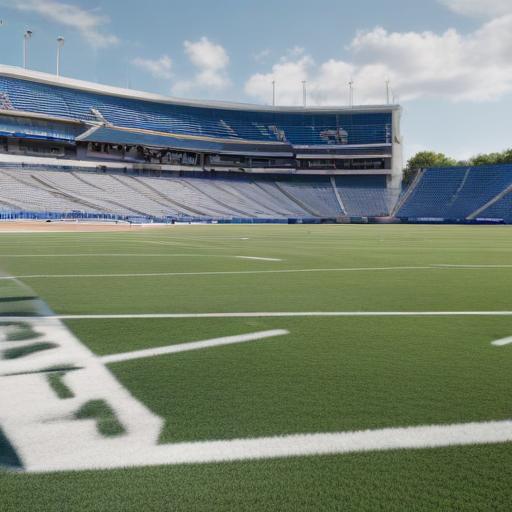SPRINGFIELD — The Illinois General Assembly wrapped up its session without passing legislation directly impacting the Chicago Bears’ stadium plans, although discussions on property tax legislation revealed some potential near agreement. State Rep. Mary Beth Canty, who represents the area of Arlington Heights, noted, “We were super close and just ran out of time,” emphasizing that the proposed legislation aimed at easing the team’s transition to Arlington Heights.
Earlier this year, the Bears shifted their focus from a new stadium on Chicago’s lakefront to the site of the former Arlington International Racecourse, which they purchased two years ago. The spring session’s conclusion may have stalled immediate legislative progress, but Canty indicated that there might be further opportunities when lawmakers reconvene in the fall.
However, fellow state Rep. Kam Buckner raised skepticism about the idea that a deal was close, highlighting that no formal proposal had been introduced. “The Bears have made it clear — they no longer want to be in Chicago. That’s their decision,” Buckner stated, reiterating that any attempts to utilize state resources would need to be transparent.
During the session, various bills focused on facilitating megaprojects, including a new Bears stadium, were introduced but failed to yield a compromise. Canty noted that the proposed changes would empower local taxing districts across Illinois and were not solely focused on the Bears’ situation.
As the Bears continue to negotiate with Arlington Heights, the state has been cautious about providing taxpayer-funded assistance for the stadium. Governor JB Pritzker publicly expressed his desire for the team to remain in Chicago but remains skeptical of financing a private venture with public funds. He did mention supporting options like STAR bonds, a financing mechanism for local governments, although this was not exclusive to the Bears.
The discussions present a complex landscape for the Bears’ future, as local politics and financial considerations converge in this high-stakes situation. The fall veto session may provide a renewed opportunity for dialogue and potential resolutions regarding the stadium plans.
Overall, with continued negotiations and a community-focused approach to development, there remains a hopeful outlook for the Bears and their potential move to Arlington Heights, ensuring that local interests and concerns are considered in the process.
